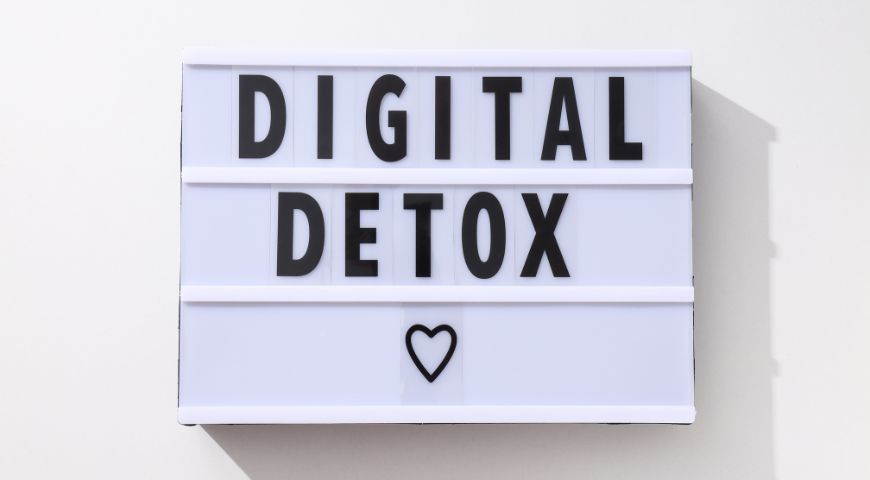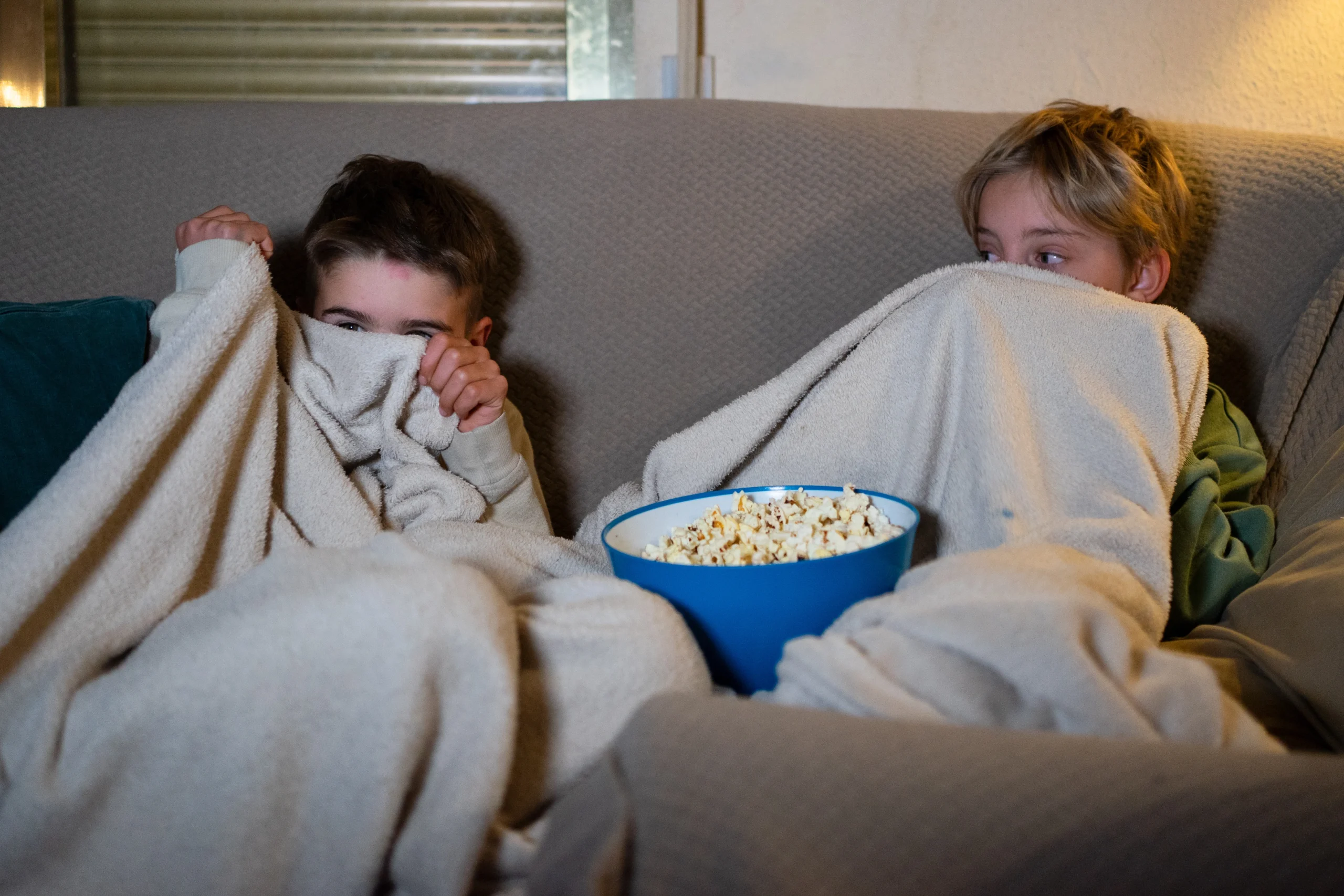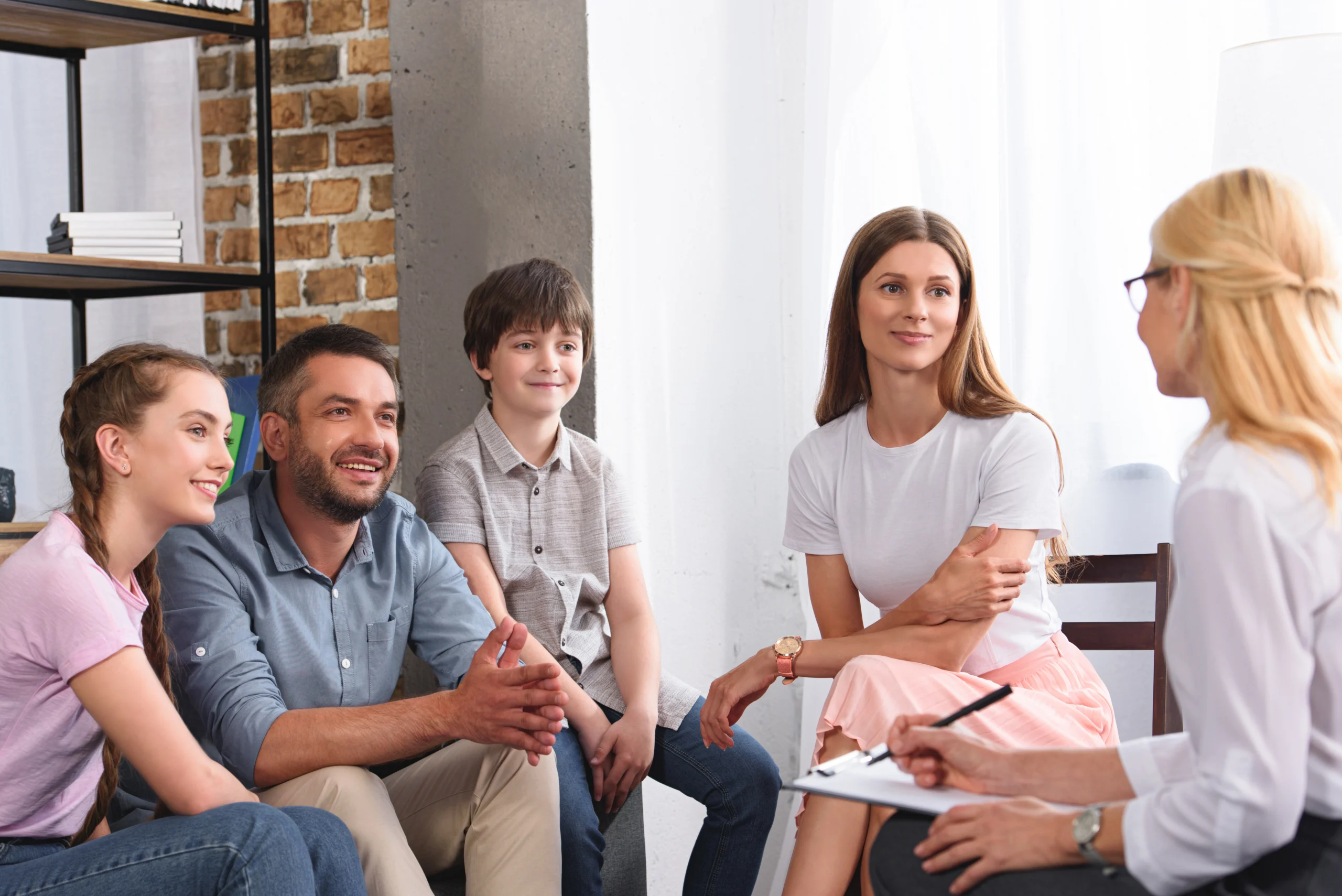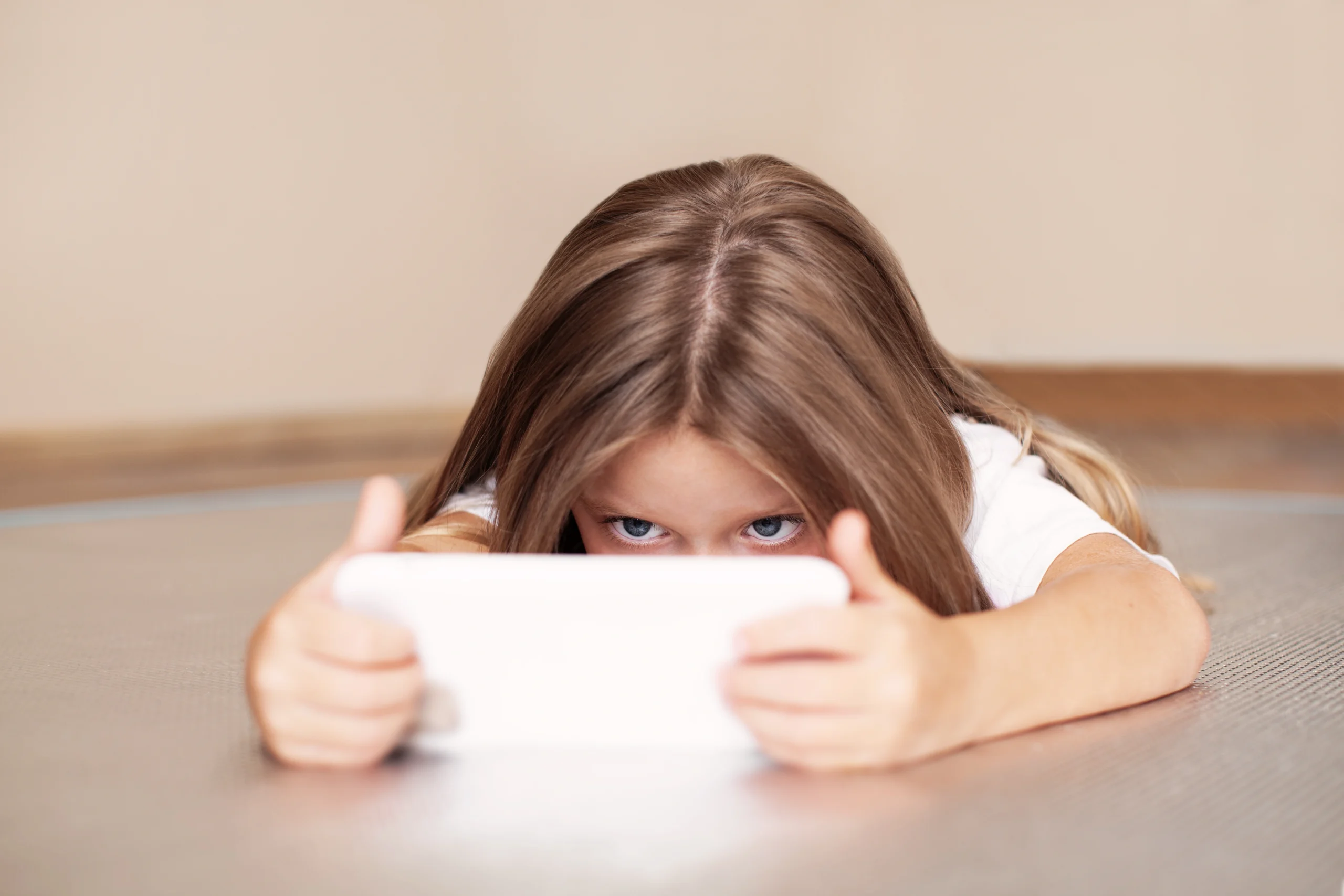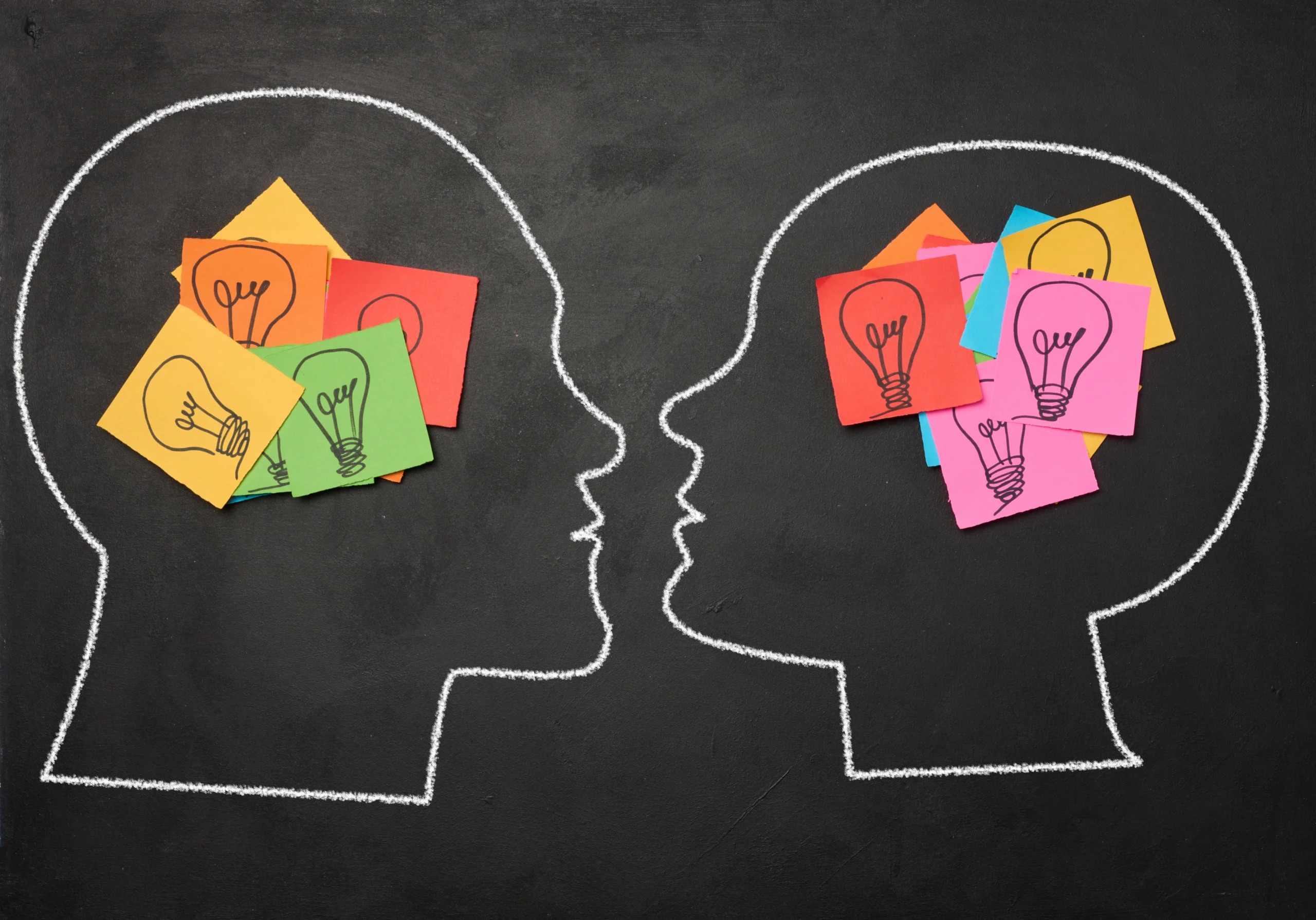As a therapist in Mumbai, I often hear the same thing from clients across all ages and backgrounds: “I just feel mentally cluttered.” In 2025, the issue isn’t just about too much screen time—it’s about never having a break from it. Between work emails, social media scrolls, binge-worthy reels, and even digital parenting tools, we’re rarely alone with our thoughts anymore.
This kind of constant digital stimulation doesn’t just lead to burnout—it can affect sleep, focus, anxiety levels, and even our relationships. And while many people have tried the traditional idea of a digital detox, it often feels temporary or too extreme to sustain.
That’s why we now need Digital Detox 2.0—a mindful, flexible, and realistic approach to reclaiming mental space in our hyper-connected lives.
1. Build Tech-Free Zones, Not Tech-Free Lives
Telling someone to throw out their smartphone is neither practical nor necessary. Instead, I encourage clients to create micro-boundaries with tech.
Here’s what that looks like:
- Tech-free dining table: No phones during meals—just presence and connection.
- Charging phones outside the bedroom: It reduces bedtime scrolling and improves sleep quality.
- Morning buffer zone: No screens for the first 30 minutes after waking up.
In sessions, I work with families to design these zones based on their lifestyle. You don’t need to give up tech—you just need to control when and how it shows up in your life.
This is something I regularly guide in family therapy in Mumbai, especially when kids show signs of screen dependency or when couples struggle with digital distractions in their relationships.
2. Identify the Emotional Triggers Behind Digital Overuse
Many of us turn to screens not out of need—but out of habit, anxiety, or emotional avoidance. As a psychologist in India, I often hear:
- “I scroll endlessly when I feel overwhelmed.”
- “Notifications give me a hit of validation.”
- “Watching videos numbs me after a stressful day.”
That’s not weakness—it’s a signal. Digital overload often masks emotional needs.
During individual therapy, I help clients identify what’s underneath the habit. Is it loneliness? Exhaustion? Fear of missing out? Once we name the emotion, we can address it with healthier, more fulfilling strategies.
If you’ve been stuck in digital autopilot, I recommend starting with a simple journaling prompt:
📝 “When I scroll mindlessly, what am I really feeling?”
3. Practice Intentional App Usage
Apps aren’t inherently bad—it’s how we use them that matters. One of the core upgrades of Digital Detox 2.0 is mindful digital consumption. That means:
- Turning off non-essential notifications
- Moving high-use apps off your home screen
- Setting timers for social media usage (most phones offer built-in screen limits now)
- Replacing passive content with active engagement (try podcast discussions, online journaling tools, or mental wellness apps)
Many of my clients—especially teens and parents—use group therapy sessions in Mumbai to hold each other accountable while exploring how tech affects their mental state.
According to a 2025 report by the Internet and Mobile Association of India (IAMAI), Indians now spend an average of 7.3 hours/day on digital devices, up from 5.4 hours pre-pandemic. The report also highlights that 58% of users feel “mentally exhausted” by online consumption.
These stats validate what I see in my practice: the need for digital detox isn’t optional—it’s foundational to mental clarity and emotional health.
Final Thoughts: Detoxing Is Less About Deleting—More About Choosing
Digital Detox 2.0 isn’t about deleting apps or escaping technology—it’s about reclaiming agency over how it influences your mind and emotions. It’s about choosing presence over distraction, one mindful step at a time.
Whether you’re navigating parental burnout, post-pandemic stress, or just seeking more inner peace, remember: you don’t have to figure it out alone.
As a licensed psychologist in India with a focus on relationship counselling in India, PTSD treatment in Mumbai, and anxiety support, I work with individuals and families to create tailored routines that restore calm without cutting off connection.
💬 Want daily micro-tips for digital well-being? Follow me on Instagram, Facebook, and LinkedIn where I share real tools for everyday mental wellness.
Practo Profile Line:
Ms. Tanu Choksi is a warm and friendly counselor and therapist in Mumbai, offering patient, non-judgmental, and rational solutions to personal problems.
